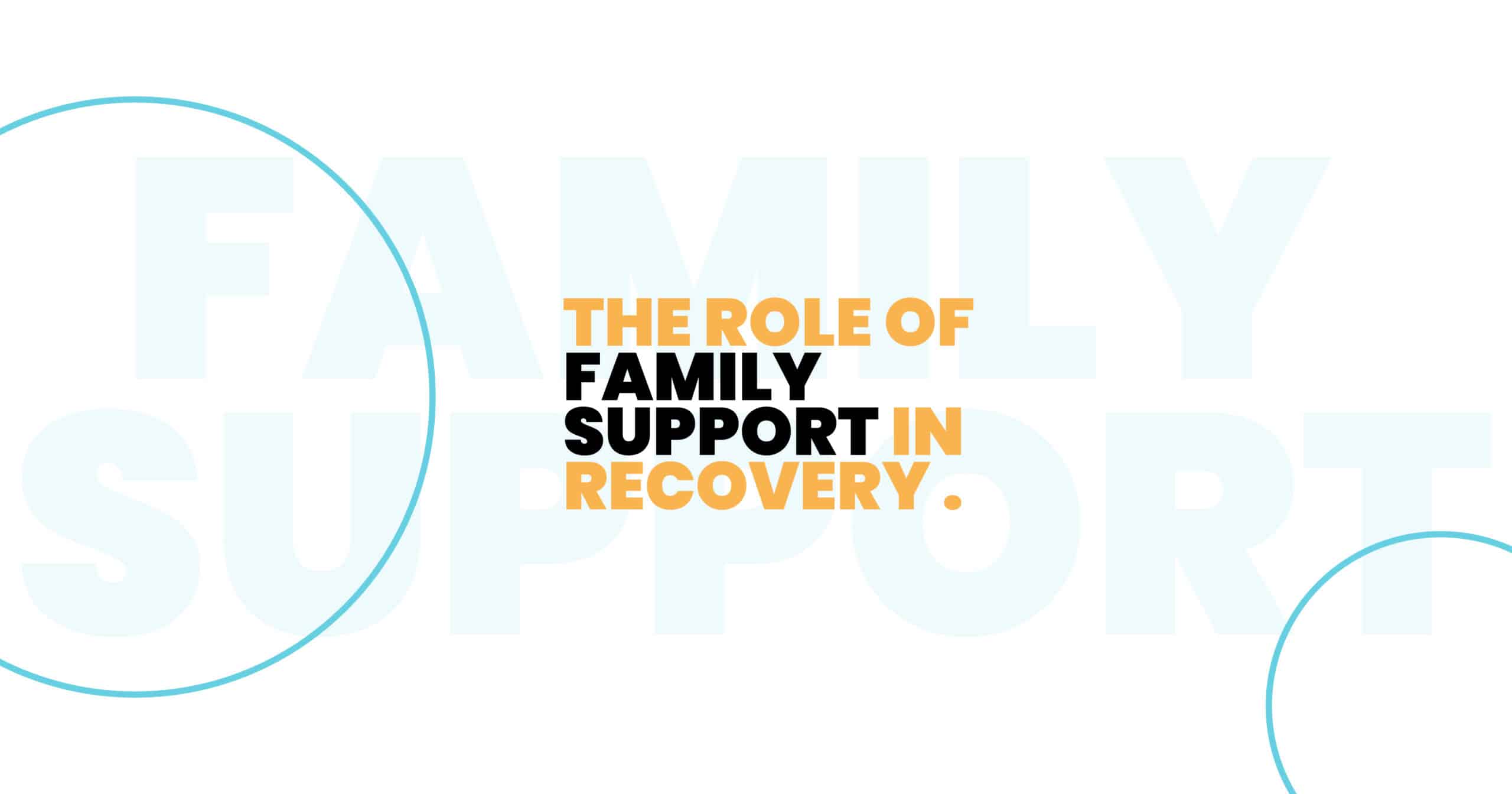
We accept most major insurance providers. Private-pay and financing plans are also available. Unfortunately, we are unable to accept MediCaid and Medi-Cal at this time.





Dual diagnosis means a person is experiencing both a mental health disorder and a substance use disorder at the same time. These conditions often fuel one another: someone may use drugs or alcohol to cope with depression, anxiety, or trauma—and that substance use can make those mental health symptoms worse.
It’s not just about getting sober—it’s about getting well.
The number of dual diagnosis cases has grown since scientific research revealed the presence of mental health conditions linked to substance abuse. In 2020, the National Alliance of Mental Illness (NAMI) estimated more than 17 million Americans lived with a dual disorder. This means nearly seven percent of the adult population in the United States struggles with both drug addiction and severe behavioral health issues, such as acute anxiety or bipolar disorder.
Dual diagnosis treatment is essential for addressing these overlapping conditions. At our San Diego treatment center, we provide evidence-based therapies such as cognitive-behavioral therapy (CBT) and dialectical behavior therapy (DBT), ensuring a holistic recovery experience.
You may benefit from dual diagnosis care if you:
If you struggle with both mental health symptoms and substance use, you may have a dual diagnosis. A clinical assessment can help clarify what’s going on and how to treat it.
Substance abuse represents a medical condition in which a patient cannot control the consumption of alcohol and/or drugs. The abuse of drugs includes banned substances and prescription medications. Abusing drugs or alcohol addiction produces several negative symptoms that result in problems at work, home, and school.
Patients who live with substance abuse continue to use harmful substances even though health issues arise. Substance abuse is one type of mental health condition that negatively impacts brain functioning. It is often the root cause of a substance use disorder, requiring detox and a tailored treatment plan for lasting recovery.
Mental health conditions, such as a mood disorder, are the second half of the potentially life-threatening condition called dual diagnosis. The American Psychiatric Association has defined a mental illness as a health condition involving changes in mood, thinking, and behavior. Treating mental health disorders such as PTSD or severe depression often involves a combination of individual therapy and group therapy sessions.
A wide variety of combinations can lead to a dual diagnosis. Substance abuse of alcohol and opioids represents the two most diagnosed types of addiction. One of the most frequent types of dual diagnosis conditions is the combination of alcohol abuse and acute anxiety disorder. Trauma symptoms, often diagnosed as post-traumatic stress disorder (PTSD), frequently result in dependency on banned drugs like cocaine and fentanyl to dull the emotional pain.
On the other hand, alcohol addiction or drug addiction can lead to the development of severe mental health conditions like bipolar disorder. The constant consumption of alcohol and/or banned substances dramatically alters brain composition, triggering symptoms associated with mental illnesses like major depressive disorder or social anxiety disorder. Treating co-occurring disorders requires experienced providers who can implement an evidence-based treatment approach for both mental health and substance abuse issues.


We provide a safe, comfortable, and effective environment to our patients.
Detecting the signs of a dual diagnosis requires separating the two contributing mental health issues. Diagnosing substance abuse is typically the first step in the treatment process.
Patients with substance abuse disorders often exhibit physical symptoms such as nausea, tremors, and insomnia, alongside emotional signs like abrupt personality changes and risky behaviors. Treatment frequently involves drug detox, which helps alleviate withdrawal symptoms safely.
Mental health symptoms can be more challenging to identify. Common signs include confusion, exaggerated emotional expressions, and difficulty concentrating. Conditions like PTSD, anxiety disorder, or severe depression may also cause wild mood swings and disturbances in eating or sleeping habits. Treating both substance abuse and mental health issues in an integrated approach ensures a more effective recovery.
As Psychology Today explains, “Compared to individuals who have a single disorder, those with a combination of disorders may experience more severe medical and mental health challenges and may require longer treatment periods.” At Coastal Detox of Southern California, we understand the complexities of treating dual diagnosis. Our licensed therapists use evidence-based modalities such as CBT, DBT, and trauma-focused therapies to help patients achieve sustainable recovery.
By addressing the emotional scars through individual therapy, family therapy, and support groups, our therapists can help reduce reliance on substances and improve emotional regulation. However, treating a dual-diagnosis patient can be challenging because of determining which mental health condition developed first. Although treating two disorders simultaneously has shown to be an effective strategy to help patients, treating the mental health condition that developed first can automatically diminish the severity of symptoms that develop because of the presence of the second mental health condition.
For example, let’s assume a patient became addicted to an opioid, such as heroin. After a short time passes, the patient developed a mood disorder. Treating the heroin addiction through detoxification reduces negative withdrawal symptoms, which coincides with less serious symptoms that are associated with the mood disorder. Treating the addiction first has a positive cause and effect on the negative symptoms that developed because of the mental health illness.
On the other hand, a military veteran returns from duty having witnessed events that leave deep emotional scars. The emotional scars lead to the abuse of alcohol to mask the pain of emotional distress. A therapist treating this form of a dual diagnosis can make progress by focusing on the emotional scars that developed because of witnessing traumatic events. When the negative symptoms of a mental health condition like PTSD begin to wane, a patient might become less reliant on alcohol to ease the emotional pain.
At Coastal Detox of Southern California, our dual diagnosis program combines clinical expertise, holistic therapy, and personalized treatment planning. Every client receives a full mental health and substance use evaluation, followed by a customized recovery path.


We provide a safe, comfortable, and effective environment to our patients.
📞 Call us 24/7 to ask questions or start your admission
Every person’s journey is different—but structure, safety, and compassion guide everything we do.
We also support long-term recovery planning, connecting you with outpatient services, alumni support, and aftercare once your stay ends.
Yes—most major insurance plans cover dual diagnosis treatment, especially when it includes detox or residential care. Our team will help you verify your benefits and walk you through next steps confidentially.
San Diego offers more than sunshine and coastal beauty—it’s also home to one of Southern California’s trusted dual diagnosis treatment centers.
Many of our clients come from across the region—or even the country—for our compassionate, integrated care.
Our San Diego recovery center provides a full spectrum of treatment options for dual diagnosis patients. From inpatient residential treatment in San Diego to intensive outpatient programs, our personalized approach ensures every patient receives the care they need. We also emphasize relapse prevention and provide ongoing support through aftercare programs, and we can provide referrals to sober living homes in the area.
If you or a loved one is struggling with co-occurring disorders, our team at Coastal Detox of Southern California can help. Our dual diagnosis treatment center is committed to creating a safe, comfortable, and effective environment for your recovery journey. Call today to learn more about the programs at our treatment facility.

We’ve guided our patients towards a brighter, sober life, providing unwavering support and empowering them to embrace a healthier, happier future.






Kay Saffe grew up in Miami, Florida, and is a first-generation American with Argentinian roots. A lifelong athlete and ocean lover, she moved to San Diego to pursue a Master’s degree in counseling at the University of San Diego and progress her surfing. She has spent years working as a surf instructor and therapist, working with local non-profits that treat at-risk individuals and families in English and Spanish. She incorporates a mindful and holistic approach to therapy. She is passionate about positive psychology and helping others through their recovery journey.

Contact Us Today for a Free Confidential Assessment and Insurance Verification.
At this time we do not accept Medi-Cal , however private pay options are available.
Accessible for individuals with disabilities and accommodating to pets upon approval.
Call now to start your journey to freedom from addiction. Our compassionate care, tailored to your needs, offers hope and success. Verify insurance today.
All calls are 100% free and confidential
